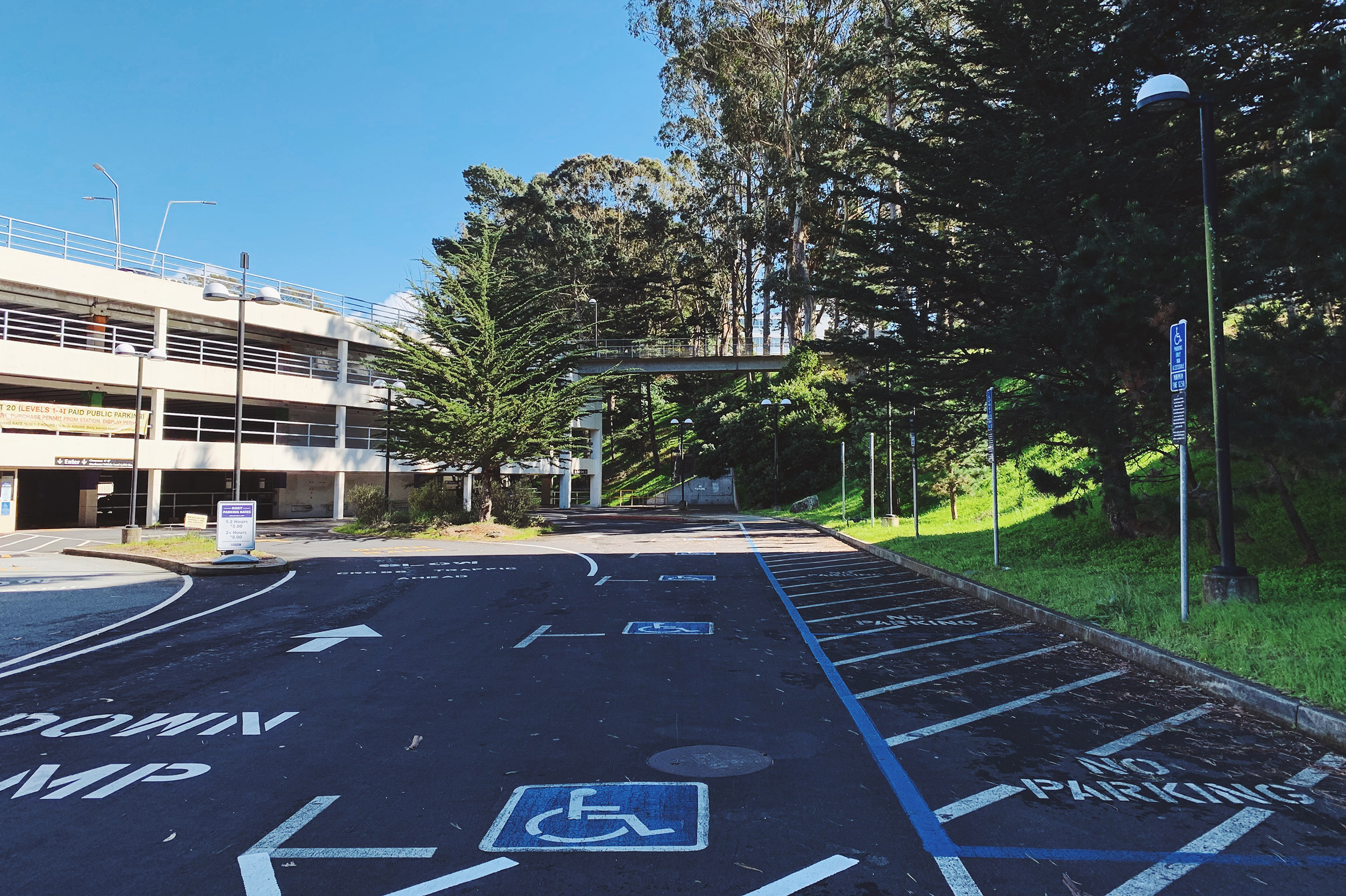It’s the opening week of the Geneva Motor Show, and us car enthusiasts always look towards the annual event with keen interest. It’s the auto show where European sports car manufacturers most often choose as the platform to introduce new products. I still fondly remember laying first eyes on the 991 GT3 when it made its world debut at the 2013 Geneva show, not ever imagining that five short years later, I’d actually own the car.
Indeed I am properly on team Porsche, though we’ve still got some days yet until the latest from Zuffenhausen shows its face. Perhaps the much anticipated 718 GT4 will break cover?
Ferrari chose to release photographs of their newest car ahead of the show, and it’s this, the Ferrari F8 Tributo:
Photo credit: Ferrari
Photo credit: Ferrari
Insane naming convention aside (what is it in ‘tributo’ of, exactly?), the latest V8 Berlinetta from Maranello is easily the most beautiful interpretation since the beloved 360 Modena. Littered allover with design homages to famous Ferrari cars of vintage, the F8 Tributo looks fluid yet intricate, but crucially lacking the odd shapes and extra appendages that have plague modern Ferrari styling. No doubt the order banks will be filled in short order.
I’m actually surprised Ferrari is introducing this “new” car, seeing as the 488 GTB - its predecessor - is not exactly old (debuted in 2015), nor inadequately slow (the earth scorching 488 Pista was only just released last year). Not sure why Ferrari felt the need to do a refresh here: the 488 is already a refresh of the 458 Italia, so this F8 Tributo would be the third update to the same platform/shell that’s been in production for a decade.
I get it, the clientele wants statistically ever faster and better cars. Rival McLaren have come on strong these past eight years, and it’s been heavy punches one after another. There were some early teething troubles, but from the 675LT onwards, McLaren have simply continued the onslaught of world-class super sports cars. With the next-generation car presumably not quite ready yet, the F8 Tributo is the best answer Ferrari can do as of now against the acclaimed 720S.
Unfortunately, it remains a 10 year-old aluminum design against McLaren’s trick carbon tub.
It’s difficult to believe it’s been a decade since the 458 was first produced, and what spectacular specs it had: 4.5-liter, 562 horsepower atmospheric V8 that revs to 9,000 rpm; 0-62 in 3.4 seconds. Those numbers aren’t just great for 2009; they would still be hugely competitive against the contemporary set (certainly faster than my 2015 era 911 GT3). It wouldn’t be the final word in ultimate pace, but is that really necessary? Mid-500s horsepower is plenty for drivers, and no amount of turbochargers can ever compete against the sweet sounding howl of naturally-aspirated engines.
I reckon if Ferrari were able to keep making the 458 today - assuming emissions and safety regulations aren’t barriers, it would sell quite well against the 488 or this new F8 Tributo. Modern super sports cars have gotten so quick and so powerful it’s practically driving a stat-sheet: the limits are far beyond what mere mortals can access on a race track, much less a public road.
Why can’t manufacturers reach a satisfactory formula and simply keep making it? Porsche would sell every 997 GT3 it makes if it continued to produce them today - look at all the pristine used samples selling for big money on Bring a Trailer. Maybe Subaru had the correct strategy all along: they’ve been selling largely the same WRX STI since 2004.
Of course, the arms race has to go on: bigger numbers and faster stats sell cars, so the innovation have to keep pace. The Ferrari F8 Tributo is a but a stop-gap measure before the next-gen platform is ready, most likely with LaFerrari-like hybrid power.
It must be Spring. Soon.




